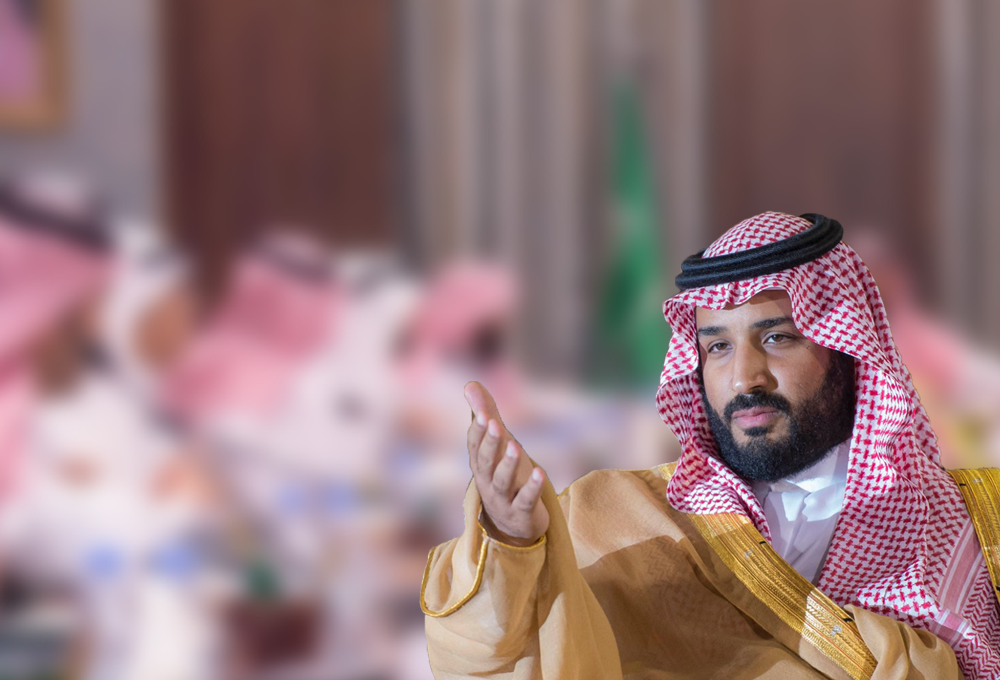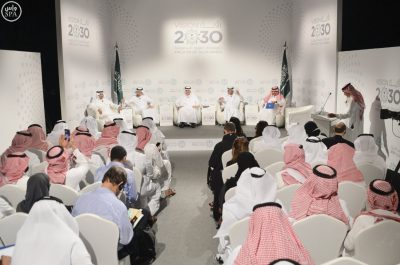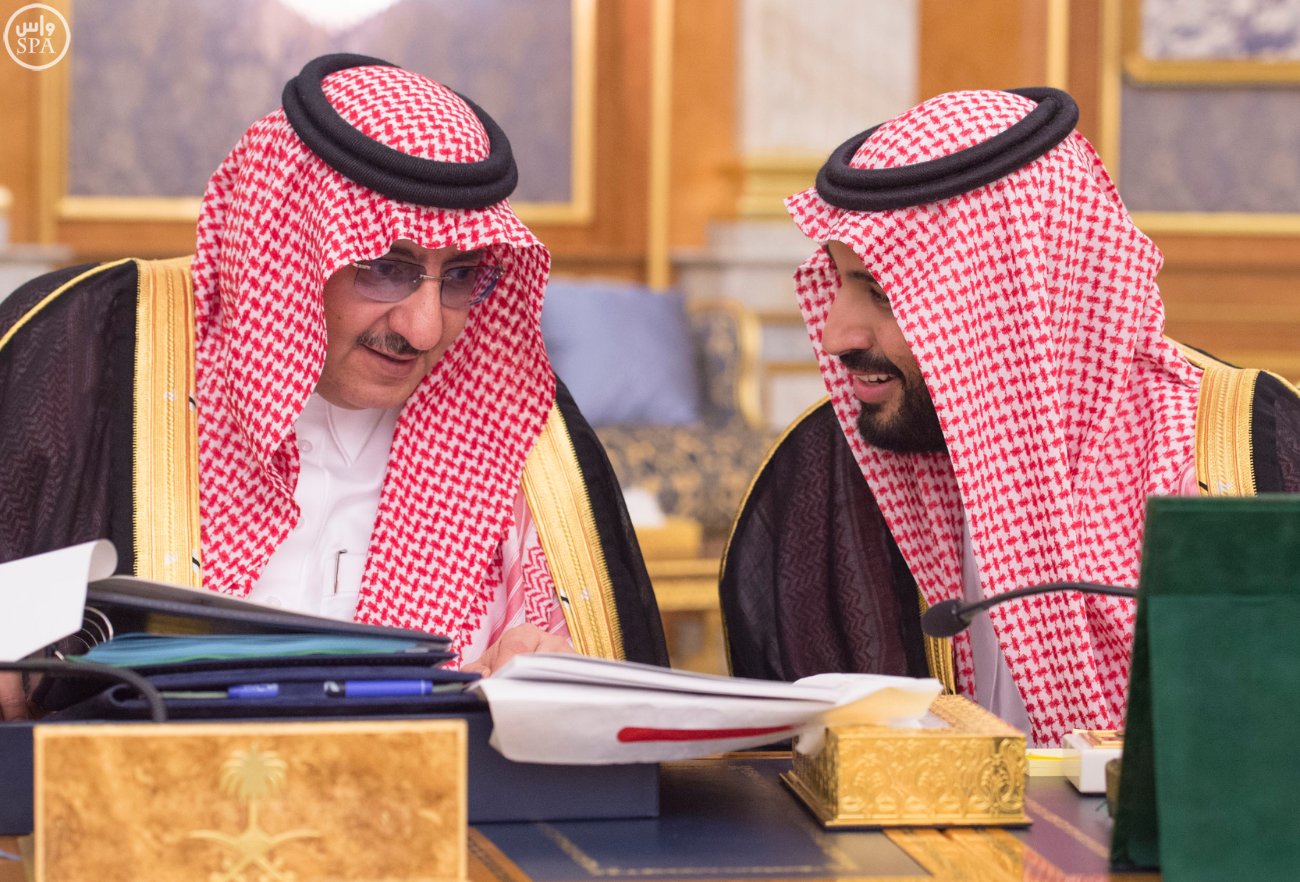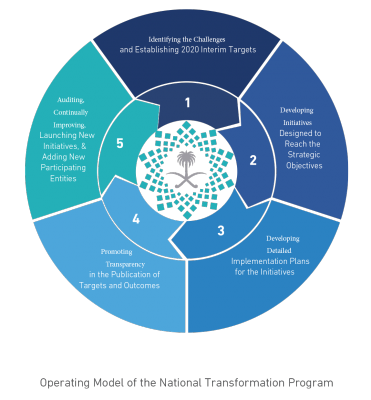International banks are jockeying for a role in Saudi Arabia’s plans to list part of state-owned Saudi Aramco for an Initial Public Offering (IPO), according to a report in Reuters.
Financiers around the world are keen to cash in on a cornerstone of the recently-announced “Vision 2030” economic and social plan, with banks preparing for a “beauty parade” in the coming weeks, a term used to describe the process of pitching for a role.
Although participation in the Aramco IPO is appealing due to the potential size of the valuation and the marquis nature of the listing, many investment banks view it as a potential key to unlocking other opportunities in the Kingdom. “The Aramco IPO of itself is not that interesting to us in terms of business,” said a senior source at a big investment bank, speaking on condition of anonymity. “The fees won’t be great, but it’s about what other business will result.”
While Saudi Arabia will rely on western financial houses for the IPO – possibly several of them working together – the clear winner in the Kingdom’s economic overhaul is not a bank or investment firm but New York-based McKinsey & Company.
Many believe the Vision 2030 initiative is based on McKinsey’s Saudi Arabia Beyond Oil report published in December 2015 and, in fact, McKinsey has been at the heart of consultations and planning development throughout the Vision 2030 process.
As Adel Abdel Ghafar of Brookings noted last month, such similarities “highlight the influence of consultancies on policymaking in the Kingdom.” Some in Saudi Arabia have started calling the Ministry of Planning the “Ministry of McKinsey.”
According to Bloomberg, consultants commission are projected to grow 12 percent in Saudi Arabia this year, “the fastest growth among the world’s largest advisory markets, according to estimates from London-based Source Global Research, which tracks the management consulting industry. At $1.3 billion, the Saudi fee pool in 2016 will probably be 60 percent higher than it was four years ago, the data show.”
31-year old Deputy Crown Prince Mohammed bin Salman is the driving force behind the audacious and potentially transformative plans for Saudi Arabia’s efforts to move it’s economy beyond oil. As the head of the Council on Economic and Development Affairs (CEDA) created in January 2015 to streamline decision making, Prince Mohammed has an unprecedented ability to enact and pursue economic as well as social reforms.
The Deputy Crown Prince will travel to Washington, D.C. next week, as well as to New York and the West coast of the United States, according to reports.












